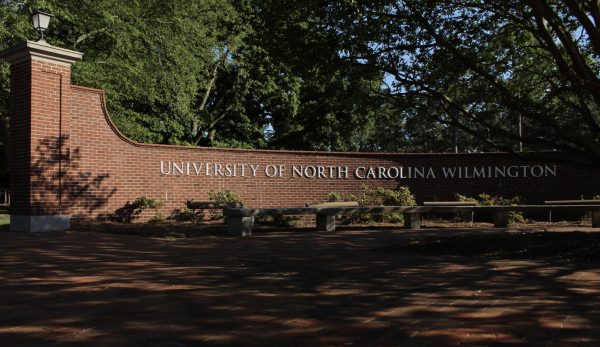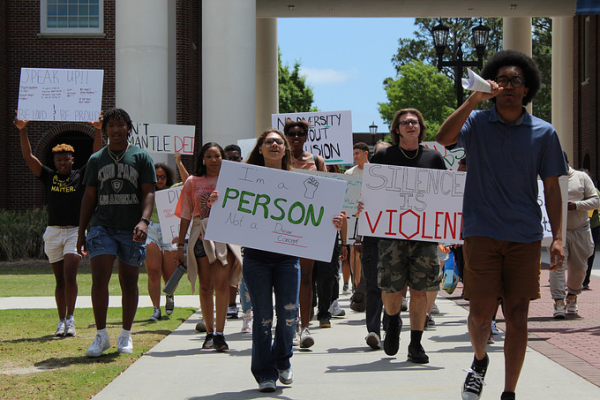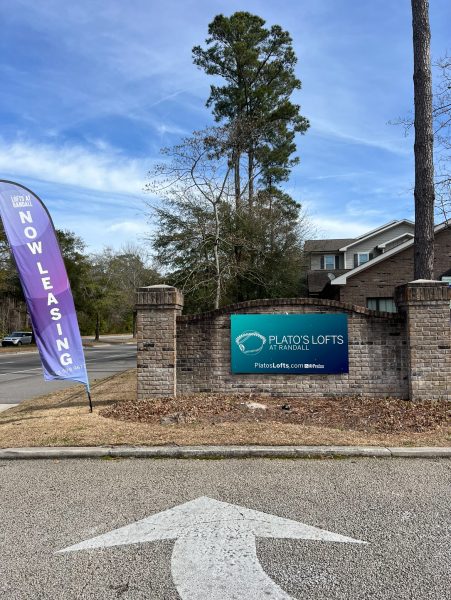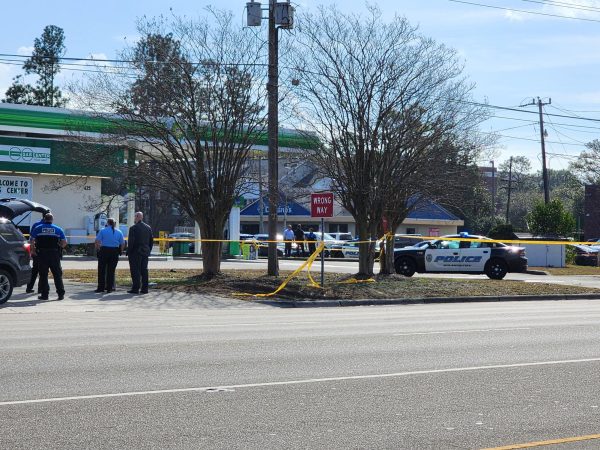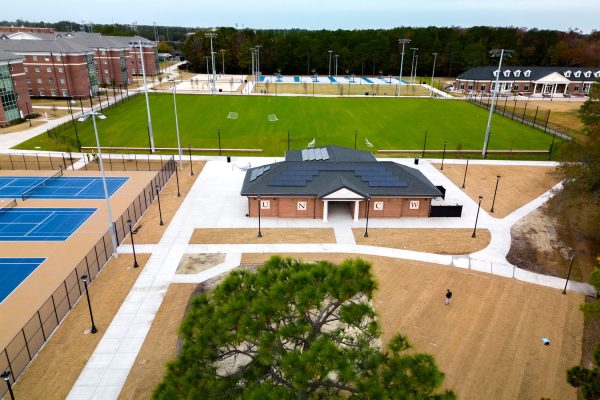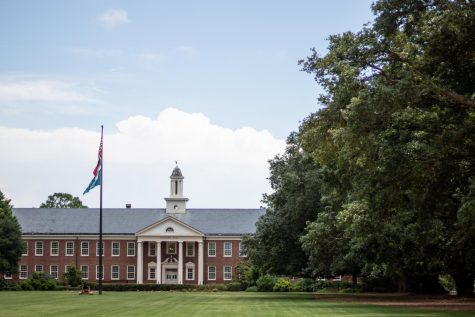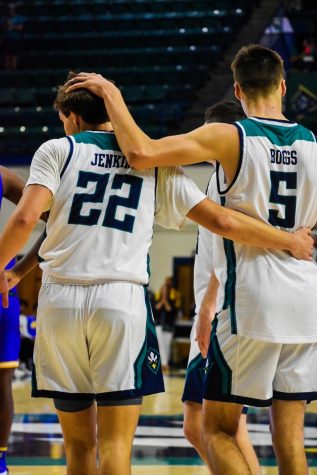Blaster worm virus invades campus computers
October 29, 2003
The blaster worm virus infiltrated the UNCW computer network system in the summer of 2003. As a result, several computers belonging to the university or to private students were irreversibly damaged by the virus and are no longer working. Students living in residence halls who use their own personal computer to access the campus data network were asked to have an anti-virus program running on their computers and to keep their system updates current. The blaster worm virus specifically attacks computers that run Windows 2000 or Windows XP. Students who own computers that run Windows 2000 or Windows XP are required to keep their software of their computers current. Computers that run programs prior to Windows 2000, such as Windows 95 or 98, are not affected by the blaster worm virus. “If a student fails to do this, then he/she will risk losing his/her network privileges,” read a campus-wide email sent out by the Technology Assistance Center. The presence of viruses in the UNCW system has led to an increase in the demand for computer servicing. “Due to the blaster worm virus, we are receiving a high number of calls,” said Ryan Hardison, a ResNet employee. Damage caused to a computer system by viruses can create numerous problems for students. The cost of repairing a computer that has been damaged by a virus can be expensive; sometimes the damage done by a virus to a computer system is so extensive that a person will have to purchase another computer. Students can also lose important files as a result of a virus attacking their computer system. Signs that a computer may be infected with a virus include a computer shutting down unexpectedly and unusually slow completion of functions. “I fix and update regularly, and our labs have the highest up-time with minimal down-time,” said Bill Hill, computer laboratory coordinator. It is unwise to keep using an infected computer because the longer a virus stays in a computer, the more damage it does. Also, there is the likely chance that an infected computer will keep spreading the virus to other computers. “Our network IDs problems, isolates and then shields the spread … then we are notified by the Web page where the problem lies. We then repair or re-image the computer,” Hill said. According to the Technology Assistance Center, the worst of the virus attacks from the blaster worm are over. “For the most part, everyone on campus has been quarantined. Our calls for the viruses are now very few and far between, compared to before,” said Rob Flade, TAC student employee. “But you never know when another one can pop up.” Because viruses seem to attack without much notice, the TAC recommends students stay current with their updates and make sure there is an anti-virus software program protecting their computer. Students who believe that their computer has a virus should contact the TAC at 962-4357 or e-mail [email protected]. They can also contact Client Services by filling out a form detailing their personal computer problems or problems with computers at UNCW computer labs at http://www.uncwil.edu/itsd/client/help.html.
